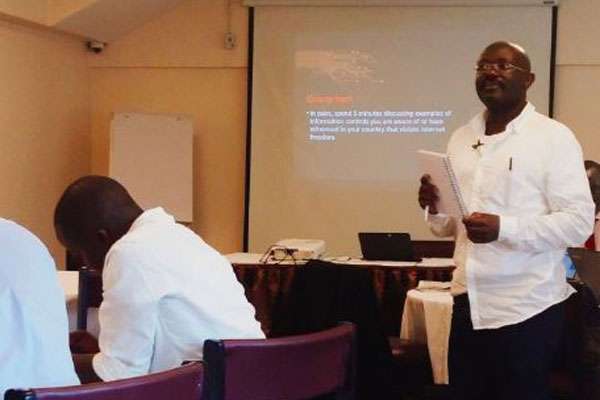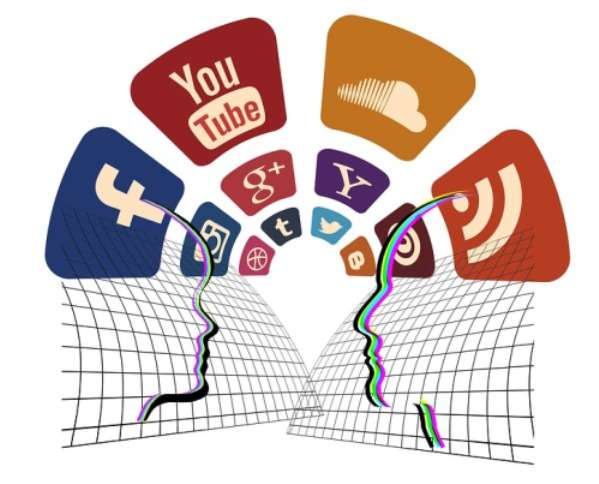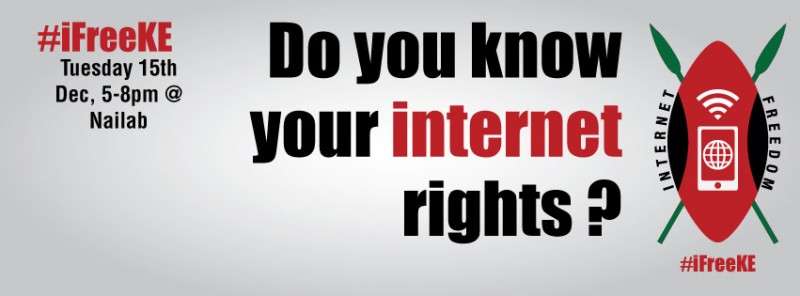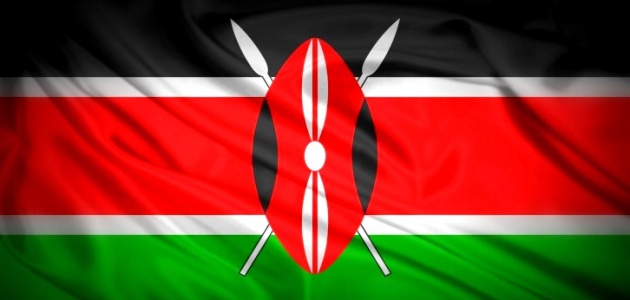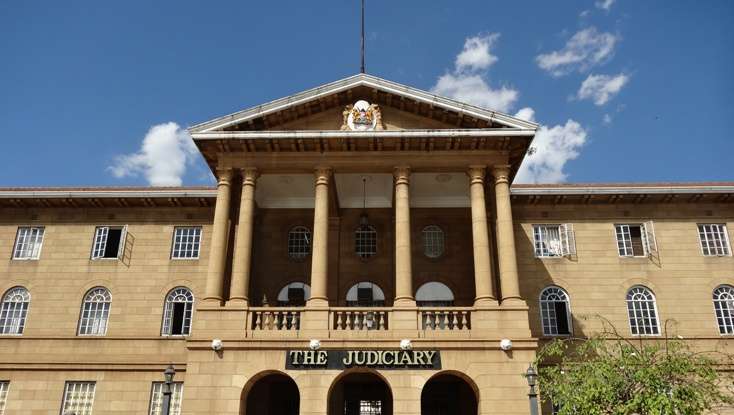Have ICTs enhanced political participation, social accountability, public service delivery and citizen engagement in East Africa in the recent past?
These were the research questions behind a study commissioned by
CIPESA, a regional think tank focusing on ICTs in East and Central Africa.
During the last general elections, Kenyans flocked onto social media platforms in support of their parties and presidential candidates.
Parties also embraced ICTs and used it to extensively engage with supporters in dynamic and interactive ways that were previously impossible.
Blogs, Facebook walls, Twitter pages and websites were constantly updated with real-time information about campaign events, meetings, party manifestos amongst others.
However, the ugly side of ICTs was later to emerge after the Supreme Court validated the hotly contested presidential results.
With the ICC case hanging in the background, many say that Kenyans opted for “electronic” rather than the “physical” post-election violence experienced in 2007/8.
Social media tools were deployed to mount vitriol against perceived enemies, along the usual tribal contours that define our politics while degrading our capacities as a united nation.
This ethnicised use of ICT continues to be worrying as we move towards the 2017 elections.
ICTs AND SOCIAL ACCOUNTABILITY
ICTs have proved to be a strong platform for enhancing transparency and accountability. Many government agencies have deployed ICT platforms to share documents that were previously inaccessible in their “hard-copy” state.
Publicly procured contracts are also
frequently listed and updated by the Public Procurement Oversight Authority.
Various commissions have also adopted ICTs with the Commission for the Implementation of the Constitution, the body mandated to ensure that the Constitution is implemented deploying a
bill tracker – a tool for monitoring proposed, pending and enacted constitutional bills.
The problem, however, is that Kenyans do not read or visit such useful sites, preferring instead the easier route of embracing, without filtering, whatever they get from their political, religious and so-called FM radio “celebrities”.
ICTs and PUBLIC SERVICES
The report observes that due to the high penetration of mobile services, the government has been able to improve services.
Mobile money markets have also helped in making electronic payments and reducing the risks associated with handling physical cash.
Notable mentions go to the Kenya Revenue Authority’s
iTax system, the government financial system
IFMIS, the Huduma Centres and the
eCitizen portal. Local governments have also not been left behind, with many of them adopting electronic revenue systems such as Nairobi’s parking system.
The challenge, however, remains, in that corruption persists both in the public and private sector. Just because money was paid electronically doesn’t mean it can’t also be stolen electronically.
ICTs AND CITIZEN ENGAGEMENT
Here is where Kenyans have excelled, particularly Kenyans on Twitter (#KOT). Using the power of social media, the report cites several instances where Twitter campaigns were mounted, leading to a change of action or policy.
#SpeechYa500K led the government to abandon flying the President’s Madaraka Day speech to far-flung counties at the cost of 500,000 shillings while #AngloLeasing got the government hard-pressed to explain why it was making further payments to shadowy contractors.
#SomeoneTellCNN has also been used to get CNN to apologise for negative publicity, while #TintedWindows spared Kenya’s middle class from a police directive that would have compelled them to remove their much-valued tinted film from their car windows.
In summary, ICTs have indeed come a long way and have played a significant role in the governance framework. We must be cautious, however, since ICTs cut both ways – they can be used positively or negatively.

